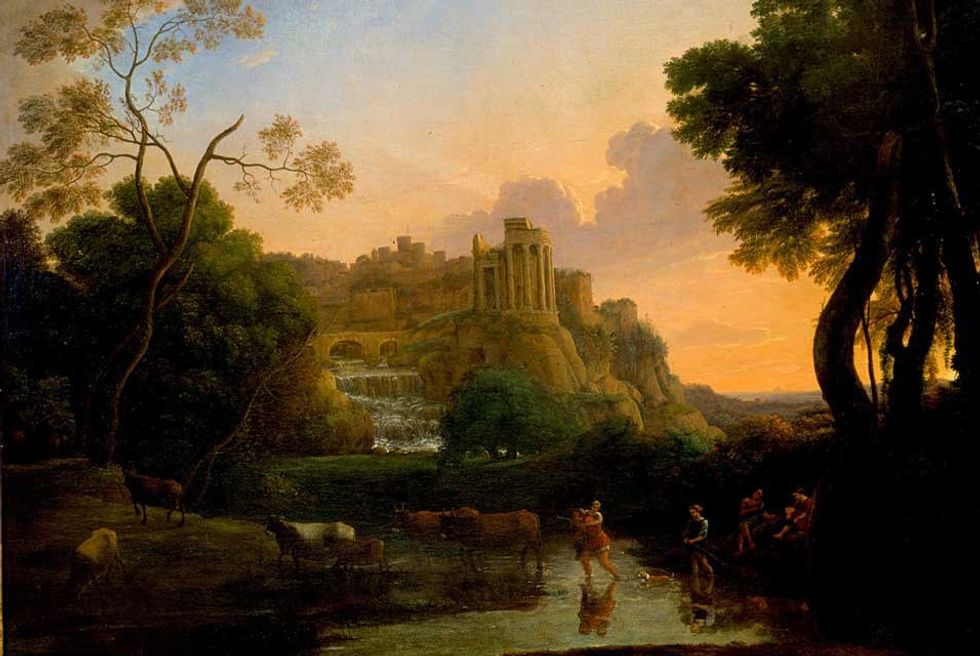Utopia:
"An imagined place or state of things in which everything is perfect."
It is not the place of Man to know all things. Furthermore, it not the place of Man to experience uninterrupted societal harmony. Utopia (1518) is a work of political philosophy written by Sir Thomas More which examines the notion of a population of maximum coordination, efficiency and peace. The term utopia would not have been used before its coining by More. The word is a compound of the Greek words “no” and “place.” Loosely, the word translates to “nowhere,” a clever admission of the fictionality of such a place. Book II of Utopia explains how such a place would ideally function. Aspects of life on the island Utopia as detailed as how chicken are to be raised, to general characteristics, for example geography. In addition, More asserts ideas regarding political offices and other human duties among others which make grand assumptions of the precise and undisturbed workings of the island.
It is a unique philosophical foray to imagine an ideal society, let alone conceive specific physical movements and operations of things and people. Nonetheless it is also a dreamy romantic thought that a large sum of people would have the constitution to perform their tasks unobstructed and without error or complaint. It is this oversight which will doom an attempt to install such an imaginary system. It should be mentioned that More’s ideas are not inherently preposterous, for example, he explains the rotation of farmhands and people of the city. “Each year, twenty persons from each household [farm] move back to the city, after completing a two- year stint in the country.” This is not a completely unreasonable suggestion; the human organization of the time would have provided for this action. However, the unreality of the idea is not the idea itself, but rather the base, unmentioned nature of human interaction. It is reasonable to assume that a social hierarchy would develop, as is usually the case, which may foster unrest among classes and lead to tension. Result: something other than a utopia. Another potential issue for this system is the nature of humanity, that is, people often prefer to be independent. People are undeniably social, granted the ideal instance is freedom, liberty, and society. The system More has implemented disregards a case in which people rather not be forced to move where they are told. They may desire a stay somewhere other than a farm or city if for no other reason than freewill. A third oversight by More is the most obstructive and present. Geography is the single most influential factor of a society’s success. More (intentionally) assumes that the landscape will be cooperative and provide appropriately, that all rivers will flow nicely and an abundance of food will be reaped form the land without protest. Of course the notion of utopia is conceived to be preposterous even by More himself and is rather a carefully articulated fictional area not to be taken literally, but rather as a mechanism by which to better understand the reasons why a place as this cannot exist.
To the modern reader there are a number of oddities both in form and execution which are to take place on the island. A few of the concepts above touch on these problems. Inequality in an environment intended to be precisely equal may be clear to a modern audience. The main complaint would likely be the ability of every member of the society to execute their tasks consecutively and on time, every time. People make mistakes and they are not always easily fixed, that is, often a once efficient and honest group may suffer from widespread and chronic corruption or ineffectiveness is the incentives to complete tasks is not present. As mentioned before, the issue with the island utopia is not that it has preinstalled inequality. This issue is that inequality is an implied fact of large organizations of people. The book does not sufficiently explain how inequality would be addressed when it comes about.
In many cases there is a distinction made between utopian and dystopian societies in literature. This is not incorrect, they are clearly two different concepts, but are rather subjective. A dystopia for one may be a utopia for many or – more realistically – vice versa. Moreover, many novels and films depicting utopian/dystopian arrangements (1984, Fahrenheit 451, V for Vendetta, Brave New World) explain or at least imply that these were once free people but now live under some form of totalitarian rule. Rather than a clear distinction between utopia and dystopia, these formations ought to be referred to as processes, not two different instances. Just as utopias and dystopias are subjective, they are often then same, or in the process of moving from the former to the latter.





















